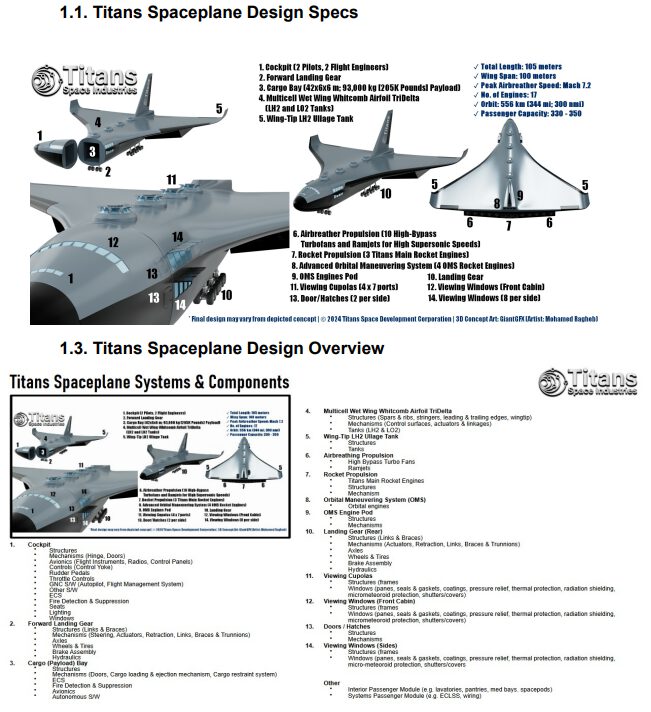Our website is being updated to reflect the awesome progress we've made over the past 5 years. Please come back after January 7, 2026
For now, you can visit our LinkedIn newsletter that has 100+ analyses, white papers, and essays.

Our website is being updated to reflect the awesome progress we've made over the past 5 years. Please come back after January 7, 2026
For now, you can visit our LinkedIn newsletter that has 100+ analyses, white papers, and essays.
